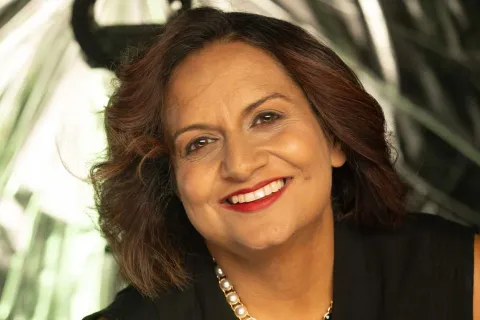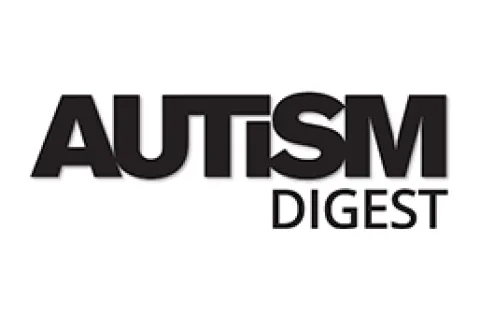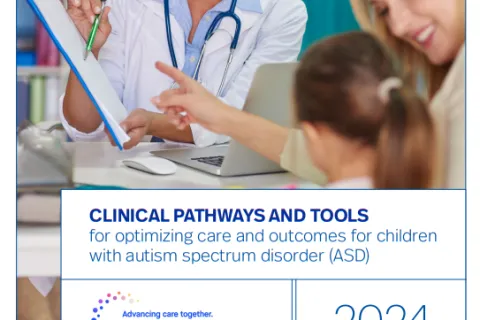Should I pursue an autism diagnosis as an adult?
Parents avoided having him evaluated as a child. Is it worth getting an autism diagnosis?
By Dr. David BeversdorfToday’s answer is by neurologist David Beversdorf, of the University of Missouri’s Thompson Center for Autism and Neurodevelopmental Disorders. The center is one of the sites in the Autism Speaks Autism Treatment Network.
I am 24, and all my life, teachers, counselors and therapists have been trying to get me diagnosed with autism. My parents fought having me diagnosed because they believed that I would be left in the Autistic Room at my school. Now that I am in college, I'm struggling with sensory issues. I panic in crowds. I get overstimulated. I have no friends. I took a whole bunch of ASD tests online and scored really high. I want to know what benefits would come from getting a diagnosis as an adult. Is it worth the testing and effort?
I’m sorry to hear that you’re struggling right now. Thanks for reaching out. Yours is an important question shared by many people.
The answer for anyone would depend on how much help the person felt he or she needed and the resources a diagnosis might make available to address those needs.
For example, if you were happy at college or in a field that suited you – and otherwise felt comfortable with your life – I wouldn’t press you to go through the effort of pursuing a diagnosis.
Is it worth getting an autism diagnosis?
There is help available without a diagnosis. You describe a number of important challenges that warrant support. You can get help for some of these issues without an autism diagnosis. For example, a psychologist may be able to help you work through your crowd-related panic issues. If behavioral therapy wasn’t sufficient, you might work with a psychiatrist to see if medication helps.
Benefits of autism diagnosis
At the same time, a diagnosis of autism may help you access additional therapy and support programs. The availability and quality of such programs vary from state to state and from one educational institution to another.
For instance, an adult with a diagnosis of autism would be eligible for supports, services and protection under the Americans with Disabilities Act (ADA). The act spells out specific rights, including the right to reasonable accommodations at work and school and protection against discrimination based on difficulties associated with autism. It also includes state-provided vocational support services. This can include vocational rehabilitation programs that provide counseling and job placement services for people with disabilities, including autism.
A diagnosis of autism might also help you get health insurance coverage for treatment of the sensory issues you describe. Again, such services – and the requirements for providing them – can vary depending on where you live and what kind of services your health plan provides. In addition, many colleges have supportive programs and services for students with a diagnosis of autism.
Learn more about getting an autism diagnosis as an adult.
Autism support groups for adults
You may or may not need an autism diagnosis to join an adult support group or social skills training group in your area. Your college’s counseling department may be able to guide you to such groups and their requirements for participation, either on-campus or in your school’s surrounding community.
I also recommend reaching out to an autism advocacy organization such as Autism Speaks for help finding supports in your area.
Members of the Autism Speaks Autism Response Team are trained to connect families with information and local resources and opportunities. They are available to answer calls and emails from 9 to 5 local time.
In addition, many adults find that a formal diagnosis of autism brings a sense of relief and confirmation that there are legitimate reasons for their challenges. A diagnosis can also help a person focus on strengths as well as identify and work on areas of difficulty.
To start, I encourage you to check out the Autism Speaks Adult Autism Diagnosis Tool Kit. It offers guidance for people who suspect they have autism. It also provides an overview of autism to help recently diagnosed adults better understand the condition’s associated strengths and challenges.
You might also read a related advice post I wrote a couple years ago: “Getting evaluated for autism as an adult: Where to go and who to see.” It provides information on the steps you can take to get help, as well the different types of help that are available.
You can also search for nearby psychologists and psychiatrists trained to diagnose autism in the Autism Speaks online Resource Guide. Click the link, then select your state and choose a category. You can look under “Health Services” to find listings of psychologists and psychiatrists, and then enter your zip code to see what is available near you.
Many adults find that connecting with other adults with autism is particularly helpful. Here are some options:
- Global & Regional Asperger Syndrome Partnership (GRASP)
- The Autism Spectrum Coalition
- Join our private Facebook group, Adulting on the Spectrum, created to provide a space for autistic adults to cultivate friendships, find support and have fun. The moderators of the group are autistic adults.
Editor’s note: The above information is not meant to diagnose or treat and should not take the place of personal consultation, as appropriate, with a qualified healthcare professional and/or behavioral therapist.










